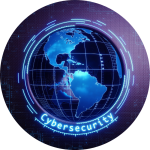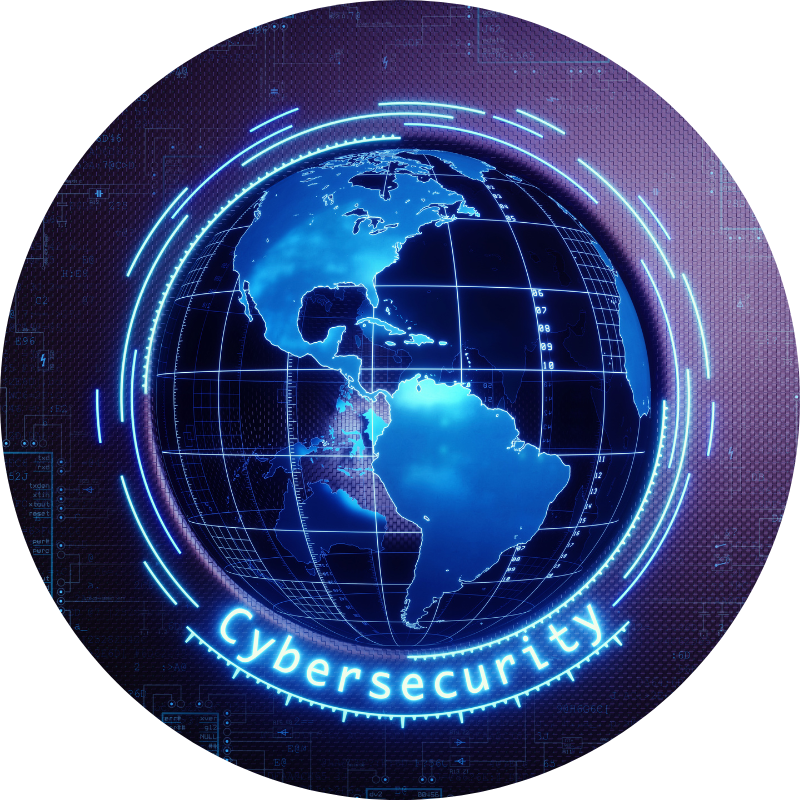 The month of October was declared as National Cybersecurity Awareness Month in 2004 by the President of the United State and Congress. The purpose of this declaration is to help individuals protect themselves online as threats to technology and confidential data become more prevalent.
The month of October was declared as National Cybersecurity Awareness Month in 2004 by the President of the United State and Congress. The purpose of this declaration is to help individuals protect themselves online as threats to technology and confidential data become more prevalent.
The Cybersecurity and Infrastructure Security Agency (CISA) and the National Cybersecurity Alliance (NCA) lead a collaborative effort between government and industry to raise cybersecurity awareness nationally and internationally.
While cybersecurity may seem like a complex subject, ultimately, it’s really all about people and providing information and resources to help educate the public and ensure all individuals and organizations make smart decisions whether on the job, at home or at school.
For individuals and families, basic security practices will help mitigate risk exposure. Suggestions include: update your software, think before you click, have good, strong passwords or a password keeper, and enable multi-factor authentication (meaning you need “More Than A Password!”) on all your sensitive accounts. Also consider these best practices:
- Think Before You Click: Recognize and Report Phishing: If a link looks a little off, think before you click. It could be an attempt to get sensitive information or install malware.
- Update Your Software: Don’t delay — If you see a software update notification, act promptly. Better yet, turn on automatic updates.
- Use Strong Passwords: Use passwords that are long, unique, and randomly generated. Use password managers to generate and remember different, complex passwords for each of your accounts. A password manager will encrypt passwords securing them for you.
- Enable Multi-Factor Authentication: You need more than a password to protect your online accounts, and enabling MFA makes you significantly less likely to get hacked.
For more information about Cybersecurity Awareness Month, click here.
For the latest updates, follow us on Facebook, Twitter, Instagram and LinkedIn for even more business tips and news.
*Southland Data Processing, Inc. (“SDP”) is not a law firm. This article is intended for informational purposes only and should not be relied upon in reaching a conclusion in a particular area of law. Applicability of the legal principles discussed may differ substantially in individual situations. Receipt of this or any other SDP materials does not create an attorney-client relationship. SDP is not responsible for any inadvertent errors that may occur in the publishing process.

